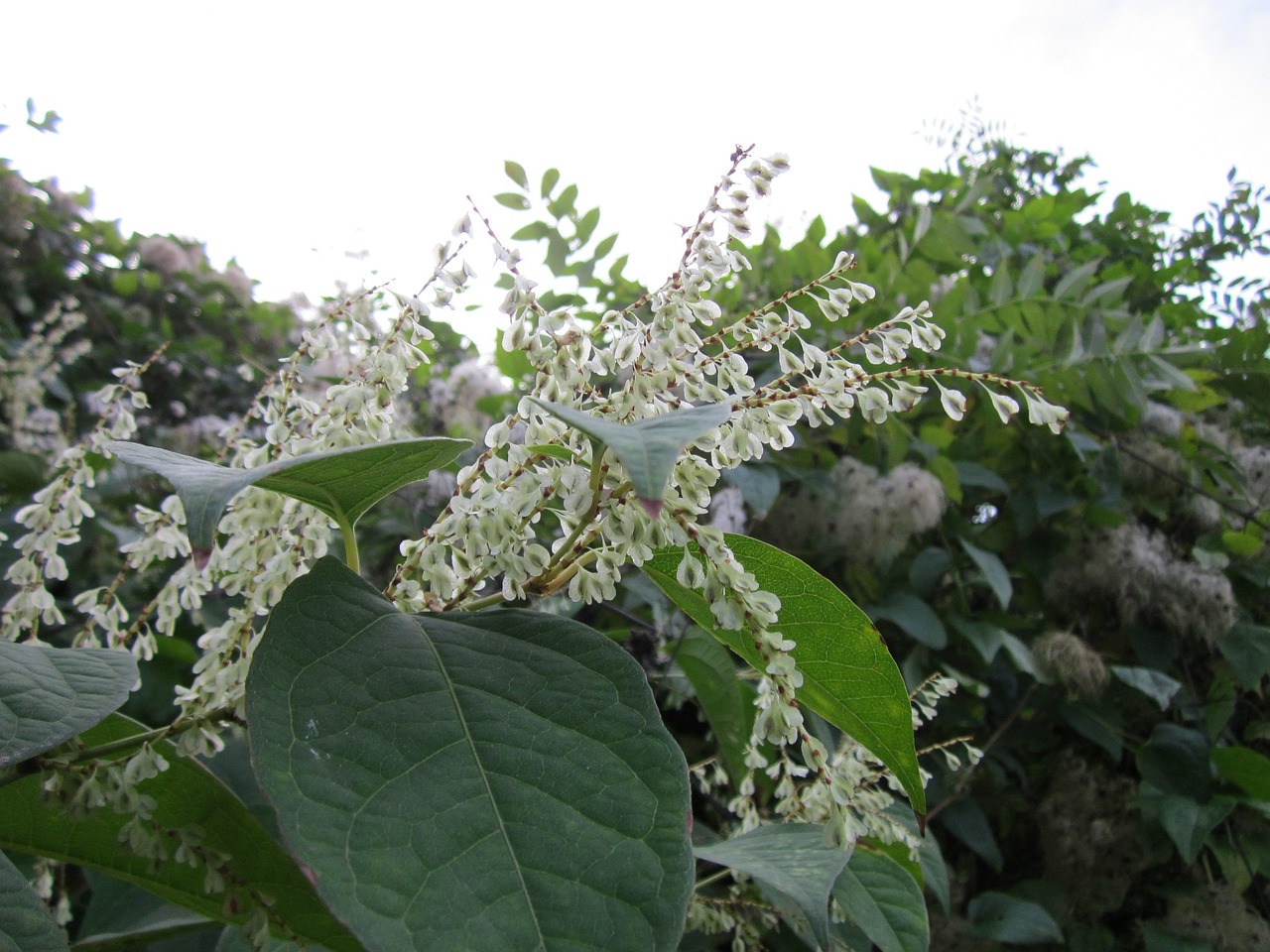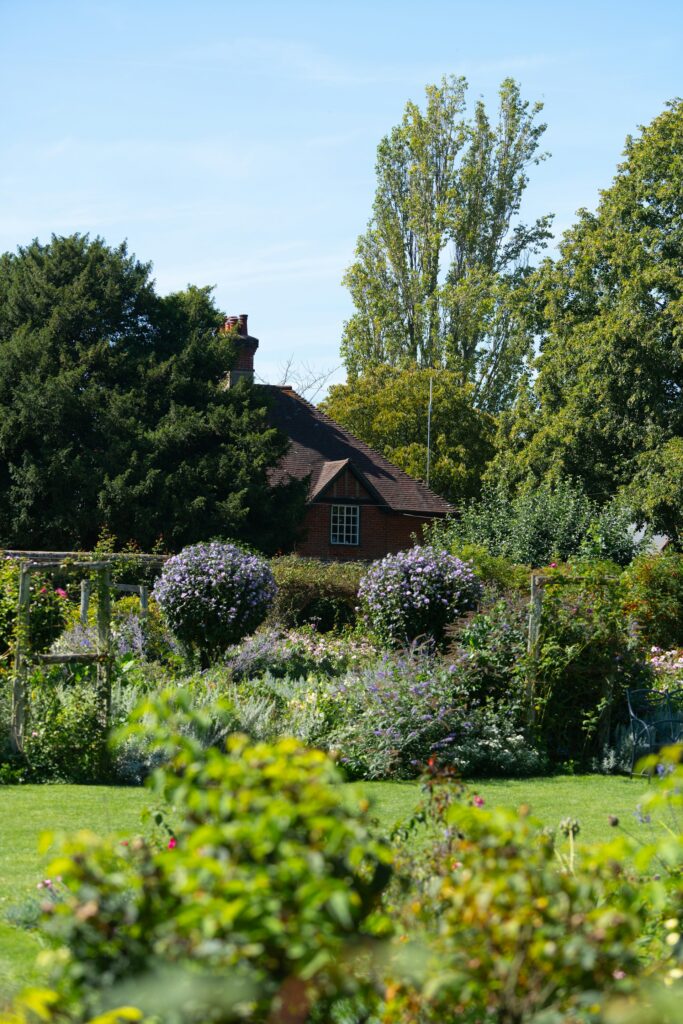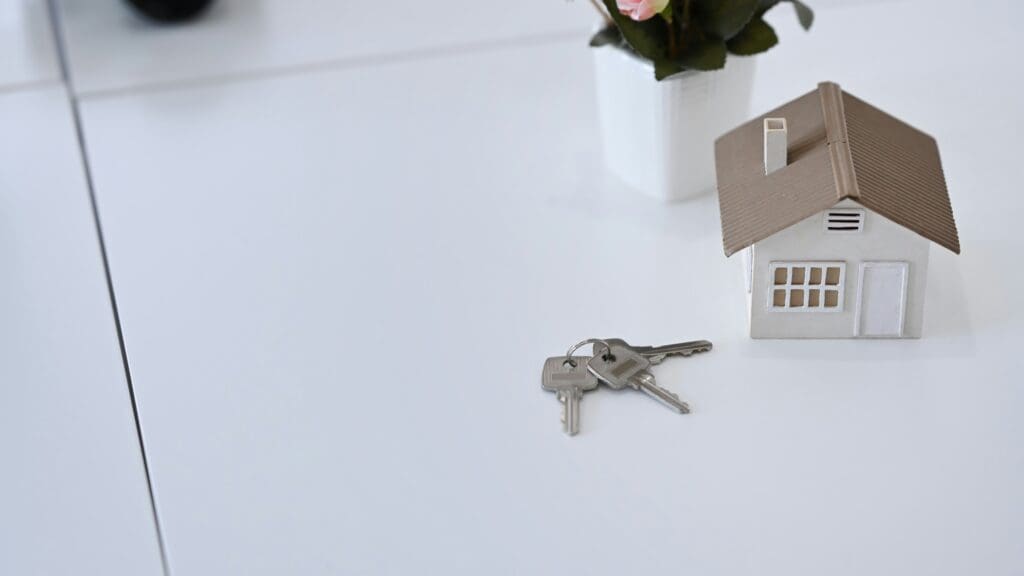Can You Sell a House With Japanese Knotweed?

Estimated reading time 7 minutes
Japanese Knotweed, scientifically known as Fallopia japonica, is a highly invasive and destructive plant species that can wreak havoc on a property's value and saleability. If you're looking to sell a house that is infested with Japanese Knotweed, you may face several challenges and legal obligations.
Keep reading as we explore what Japanese Knotweed is, the implications of having it on your property, how it can affect the sale of your house, and the steps you can take to successfully sell a house with Japanese Knotweed.
What is Japanese Knotweed?
Japanese Knotweed is a fast-growing perennial plant native to East Asia. It was introduced to Europe and North America as an ornamental plant in the 19th century – little did people know the problems it would cause. This invasive species is known for its rapid growth, reaching heights of up to 10 feet or more in a single growing season.
Why is Japanese Knotweed a problem for homeowners?
Japanese Knotweed is relentless, and its aggressive root system can destroy a property. The strong roots can penetrate through foundations, walls, and underground utilities, causing extensive damage to buildings and infrastructure. This can significantly decrease the value of a property.
The primary issue with Japanese Knotweed is the rate it grows. If your home is currently blighted by the plant, you’ll undoubtedly be aware of how quickly it spreads, climbing your property and destroying your garden.
As Japanese Knotweed is so invasive it is illegal to allow Japanese Knotweed to grow without intervention. There are specialists available to help you with the challenge and avoid the legal implications and hefty fines if you leave it to grow without control.
How does Japanese Knotweed affect property sales?
If you’re currently navigating the process of trying to sell a property infested with Japanese Knotweed you’ll be aware of the hurdles. Below we cover some of the most common.
Reduced property value
The presence of Japanese Knotweed can significantly reduce your property's value. Buyers may demand a lower price or require you to cover the cost of removal.
Difficulty in securing a mortgage
Lenders are often reluctant to provide mortgages on properties with Japanese Knotweed, as they consider it a risk to the investment. This can limit your pool of potential buyers.
Legal obligations
You have a legal obligation to disclose the presence of Japanese Knotweed to potential buyers. Failure to do so can result in legal action and financial penalties.
Selling a house with Japanese Knotweed
Before listing your property, it's essential to have a professional survey to determine the extent of the Japanese Knotweed infestation. This survey will help you understand the severity of the problem and what steps are necessary for removal.
You will be able to pass this information onto your agent, who will then inform interested buyers. You will need to be transparent about the extent of the infestation and any efforts you've made to manage it. This survey will help formally document that.
How can you treat and remove Japanese Knotweed?
Depending on the severity of the infestation, you have several options for treatment and removal:
Herbicide treatment
One common approach is to hire a professional to apply herbicides over multiple seasons. This can gradually kill the Knotweed, but it may take several years to completely eradicate it.
Excavation and removal
In severe cases, excavation and removal of the affected soil may be necessary. This is a more costly option but can provide quicker results.
Barrier systems
Installing underground barrier systems can help prevent the spread of Japanese Knotweed to other parts of the property. This can be a useful solution for less severe infestations.
Document your efforts
As we have touched upon, keep a detailed record of all treatments and removal efforts. This documentation can help reassure potential buyers that you've taken the necessary steps to address the problem.
Adjust the asking price
To attract potential buyers, you may need to adjust your asking price to account for the presence of Japanese Knotweed and the cost of treatment or removal. Japanese Knotweed is rarely eradicated in one go, so financial leeway for prospective buyers to carry on treatment may be required.
Legal responsibilities as a seller
As a seller of a property with Japanese knotweed it's crucial to understand your legal responsibilities. You will need to:
Disclose the presence
You must inform potential buyers about the presence of Japanese Knotweed on the property. Failure to do so can lead to legal consequences.
Control the spread
You may be legally obligated to take steps to prevent the spread of Japanese Knotweed to neighbouring properties.
Follow local regulations
Different local authorities may have varying regulations regarding Japanese Knotweed. Familiarise yourself with local laws and requirements.
Legal Responsibilities of buyers
However, it’s not just down to you to do your due diligence. Buyers also have a legal responsibility when purchasing a property with Japanese Knotweed.
Get professional advice
Buyers should seek expert advice to assess the extent of the infestation and the cost of treatment or removal beyond what has been completed already by the seller.
Negotiate terms
Buyers can negotiate with sellers regarding the cost and responsibility for addressing the Japanese Knotweed problem.
Comply with the local authority
Buyers must comply with any local regulations or restrictions related to Japanese Knotweed.
Japanese Knotweed and UK Law
In the UK, Japanese Knotweed is covered by the Wildlife and Countryside Act 1981. Under this law, it is an offense to plant or allow the spread of Japanese Knotweed into the wild. As a seller you must declare the presence of Knotweed on your property, and buyers should be cautious when considering properties with Knotweed.
Mortgage and insurance implications
Selling a house with Japanese Knotweed in the UK can be especially challenging due to strict mortgage lending criteria. Many lenders require evidence of a treatment plan and insurance to cover the cost of remediation.
Treatment and removal in the UK
In the UK, homeowners can hire specialists accredited by the Property Care Association (PCA) to assess and treat Japanese Knotweed. Treatment plans must be comprehensive and may involve herbicide treatment, excavation, or a combination of methods.
Finalising the sale of a house with Japanese Knotweed
Once you've found a buyer, negotiate the terms of the sale. This includes agreeing on the responsibility for Japanese Knotweed treatment or removal and any price adjustments. You will also need to:
- Ensure that all legal documents, including the property disclosure form, accurately reflect the presence of Japanese Knotweed and the agreed-upon terms.
- As an act of good faith monitor the property with the new owner to ensure that Japanese Knotweed does not return. Maintain records of ongoing treatment or maintenance efforts.
Selling a house with Japanese Knotweed can be a complex and challenging process, but it is possible with the right approach. To summarise:
- Understand the extent of the infestation and your legal obligations.
- Explore treatment and removal options and document your efforts.
- Be transparent with potential buyers and negotiate terms.
- Comply with your local authority and seek expert advice.
- Finalise the sale with accurate legal documentation.
Remember that addressing Japanese Knotweed promptly and professionally can help preserve your property's value and ensure a smoother selling process. If you're unsure about how to proceed, contact us today.
We have helped homeowners in all sorts of scenarios sell their homes on their terms to our pre-approved network of cash house buyers. We have experts in house, as well as trusted Japanese Knotweed partners, who can help with the legal aspects of your sale. Selling a house with Japanese Knotweed can be challenging, you may think you have an unsellable house, but with the support of the Bettermove team, we can help you achieve a sale successfully.



